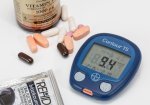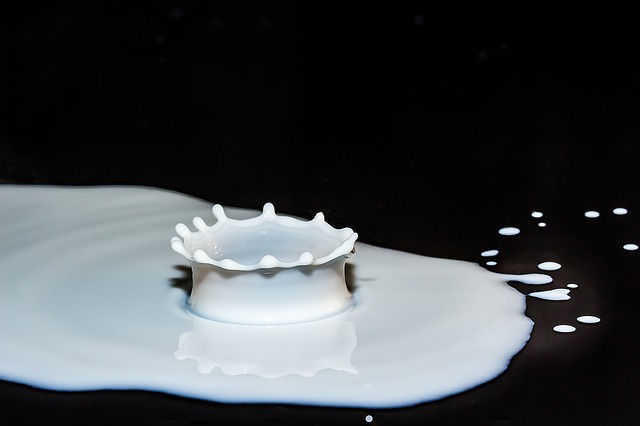Refractory Hypertension
By Michel Michezinger
Including refractory hypertension treatment and what it is

What Is Refractory Hypertension
Refractory high blood pressure in simple terms refers to resistant high blood pressure. By definition high blood pressure can be considered refractory if it cannot be reduced to under 140/90mmHg despite treatment compliance to an appropriate three-drug regimen that includes a diuretic. This definition is targeted at the rest of the adult age groups save for older patients.
For these older patients usually over the age of 60 with isolated systolic hypertension, refractory high blood pressure is defined as failure to reduce systolic blood pressure to below 160mmHg with a similar regimen.Through clinical trials and studies doctors suggest that lowering systolic pressure to 150mmHg is even more appropriate.
Controlling high blood pressure is an important focused goal of hypertension treatment. According to hypertension statistics up to 70 percent of patients in the United States that are being treated fail to achieve the recommended treatment algorithm goal of 140/90mmHg. This points to a growing number of patients with refractory hypertension.
Studies show that many patients of refractory high blood pressure unnecessarily fall into this category by systematically taking for granted important treatment steps or due to lack of understanding of sticking to treatment goals and schedules. This has lead the hypertension community of experts to come up with a list of items that must be considered when evaluating a patient for resistant hypertension.
Refractory Hypertension Treatment
Resistant hypertension treatment begins with the elimination of each of these factors which can be on the doctor's side or the patient's side. After these factors that are listed below are addressed and the patient still has refractory high blood pressure, there are particular medical steps to be taken that are recommended by resistant hypertension guidelines.
Incorrect Doctor Diagnosis
There are cases doctor diagnosis may not be entirely correct. This can be as a result of incorrectly taking blood pressure measurements. Invariably wrong blood pressure numbers may lead to the prescription of incorrect interventions. White coat syndrome is particularly a problem in some patients. Doctors can identify white coat hypertension by noting significant differences between readings taken at doctors office and those at home using home blood pressure monitors.
The solution to white coat syndrome is in the use of a 24 hour ambulatory blood pressure monitor or guiding the patient to monitor their blood pressure over a period of time even running into weeks from home. Doctors may also fail to identify the cause of the hypertension as related to secondary hypertension factors. These can be underlying medical conditions such as heart disease, liver disease and kidney disease amongst many others causing refractory high blood pressure. Until these have been addressed with targeted treatment the hypertensive condition will unlikely go away.
Inadequate Treatment Regimen
One of the leading causes of refractory high blood pressure is inadequate treatment regimen. Studies show doctors may be reluctant to prescribe combination therapy. Hence the definition of resistant hypertension ensures that combination therapy would have been given. Even if the patient is 100% compliant concerning hypertension medications schedule if the dosing is inadequate, resistance may still occur.
Patient Noncompliance
In treating resistant hypertension, hypertension experts first ensure that the patient has been complying with set treatment regimen. Often times patients abandon high blood pressure meds on account of feeling better. Yet some patients discard medications due to intolerable blood pressure medications side effects. They often do this without notifying their doctor. Other reasons for patient non-compliance which leads to resistant hypertension include perceived lack of effectiveness of the drugs, inconvenient drug scheduling, the cost of acquiring the drugs and outright poor communication between doctor and patient.
Drug Interaction
In treating refractory hypertension doctors will need to establish if the patient is on any other drugs that are not anti-hypertensive drugs prescribed by their doctor. Prescription and non-prescription drugs may interact with anti-hypertensive drugs . Apart from inducing hypertension these other drugs may even cripple the effectiveness of hypertension agents the patient is on. This includes contraband illicit drugs such as cocaine and others.
Regimen Modification
After eliminating the factors above and others that might be responsible for refractory hypertension, doctors may take a decision to modify treatment regimen. This is essentially revisiting hypertension medication therapy. For example, doctors may increase diuretics use in patients with expanded plasma volume. A patient with elevated cardiac output might do better with a Beta-blocker addition.

Return to Articles on Hypertension from Refractory Hypertension
Return to Hypertension Home from Refractory Hypertension
Disclaimer
Information contained on this website is not meant to replace your doctor's advice.
(c) All Rights Reserved. 2010-2018











